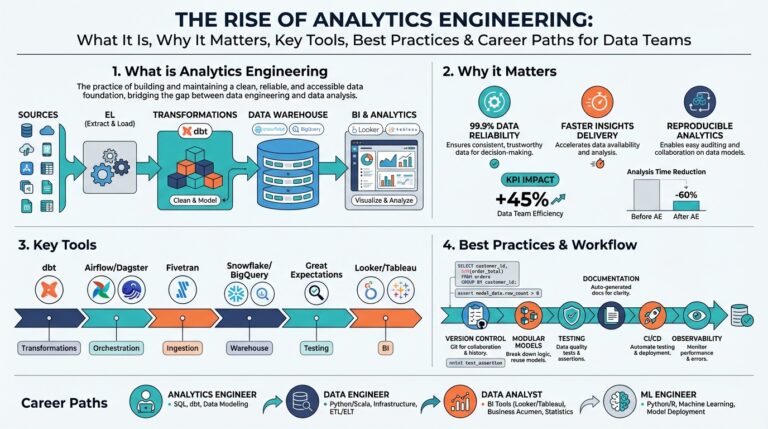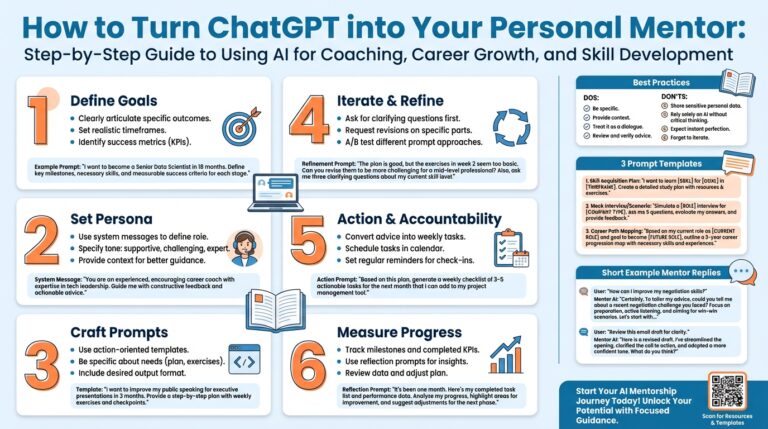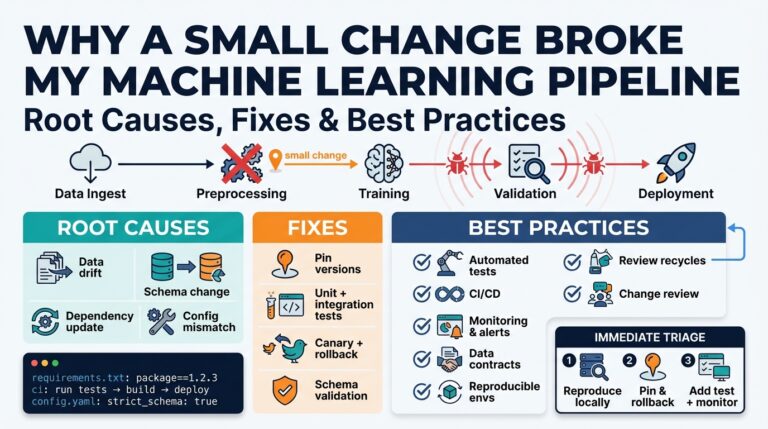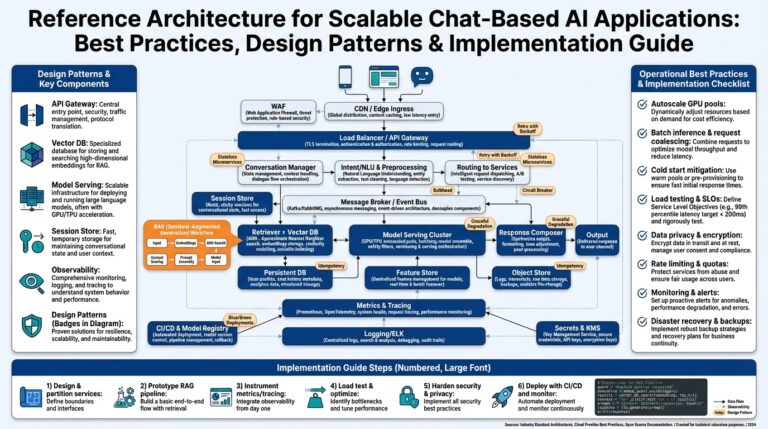The academic world, once built on principles of merit, rigorous scholarship, and honest evaluation, is increasingly grappling with a new adversary: the algorithm. As data-driven methods and automation seep into everything from grading to journal publication, a host of sneaky tactics are emerging, engineered to game these algorithms for personal gain.
The Rise of Academic Algorithms
Algorithms now underpin crucial decisions in academia. Automated plagiarism checkers grade essays. Journal editors use artificial intelligence to screen submissions. Even citation counts and research impact metrics—once laboriously compiled—are now algorithmically calculated, influencing career progression and funding opportunities.
Sneaky Tactics: How Academia is Gaming the System
Behind the scenes, some individuals and even institutions are bending the rules or outright cheating to get ahead. Here are a few of the alarming practices making waves:
1. Citation Manipulation
- Coercive Citation: Journal editors or reviewers pressure authors to add unnecessary citations—often to their own journal or work, artificially inflating impact factors.
- Self-Citation Rings: Groups of researchers intentionally cite each other’s papers to boost their collective citation counts, making their work appear more influential.
2. Plagiarism and Ghostwriting
- Text Spinning: Individuals use AI tools to rephrase plagiarized content, evading detection by standard plagiarism checkers.
- Academic Ghostwriting: Paying others, including AI platforms, to write papers or theses, resulting in unauthentic work passing through algorithmic checks.
3. Fake Peer Review and Submission Scams
- Peer Review Manipulation: Suggesting fake reviewers with fabricated identities and email addresses, allowing authors to review their own work or have friends provide favorable reviews.
- Paper Mills: Companies mass-producing academic papers for clients, flooding journals with low-quality but superficially legitimate research.
4. Exploiting Automated Grading
- Algorithmic Keyword Stuffing: Students learn specific keywords or phrases that automated grading systems look for and stuff them into assignments, bypassing genuine understanding.
- AI-Generated Essays: Leveraging chatbots or writing assistants to generate essays that pass plagiarism and grammar checks but lack original thought.
The Real-World Impact
When academic integrity is compromised, the consequences ripple across society. Inflated publication and citation numbers distort hiring and funding decisions. Subpar research can mislead science, public policy, and education. Most importantly, students and scholars who cut corners ultimately damage their own learning and credibility.
How Academia is Responding
The fight against algorithmic exploitation is ramping up. Many institutions are adopting hybrid evaluation methods, combining automated checks with human oversight. Journals are tightening peer review protocols and verifying reviewer identities. New AI tools are being developed to spot text anomalies, fake data, and ghostwritten material.
But technology alone isn’t enough. Building a culture that values ethical conduct, transparency, and critical thinking remains essential. Academics must be vigilant, report suspicious activity, and continue discussions about the responsible use of emerging technology.
Conclusion: A Call for Vigilance
The battle between algorithmic efficiency and academic integrity is ongoing. As new technologies emerge, so too will inventive ways to cheat the system. The challenge for academia is clear: stay one step ahead, foster a culture of honesty, and ensure that algorithms serve scholarship, not sabotage it.
What do you think about the infiltration of sneaky tactics in academia? Share your thoughts and experiences in the comments below!



